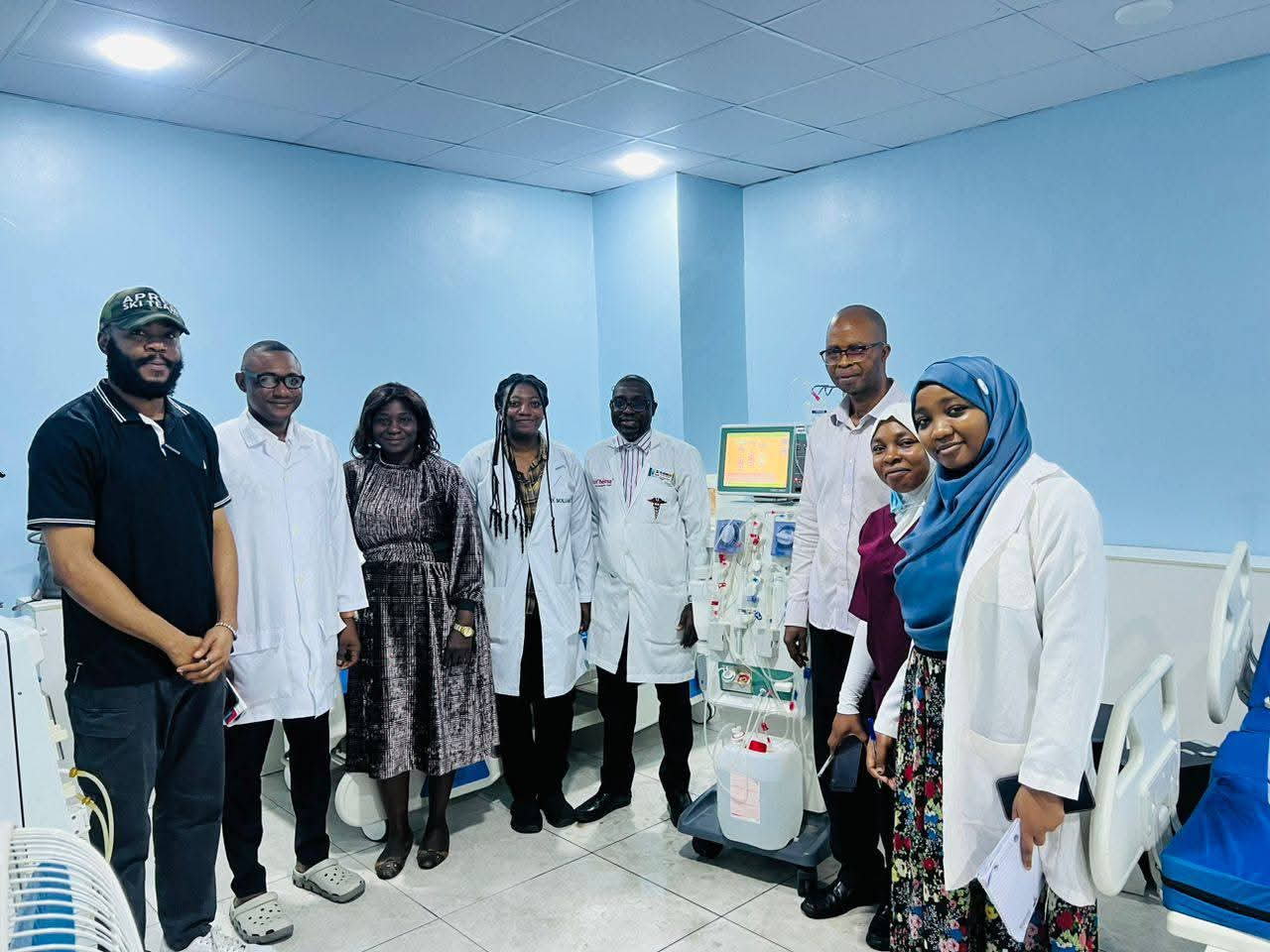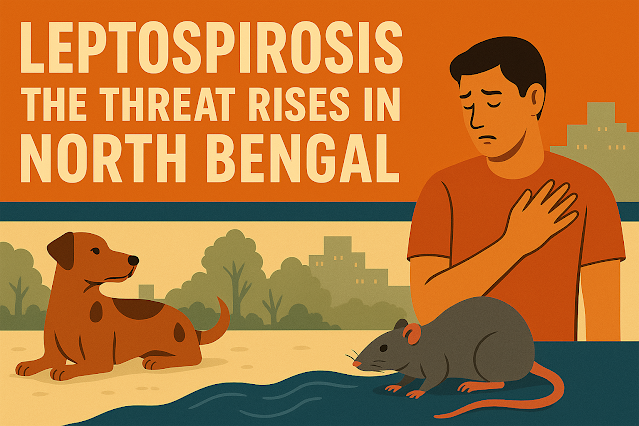
The MD/CEO of Ruzu Herbal Products and Services Ltd., Dr. Onyemaechi Roberts Uzu, will be educating the public on a range of health issues and offering suggestions for managing and preventing ailments as part of the series on comprehensive wellness.
Dr. Uzu discusses the hidden costs of infertility in Module 4, Part 1 of today’s tips, along with several natural therapy techniques that have proven to be helpful, saying,
Many couples expect their marriage to naturally progress to the birth of a child. Unfortunately, one in every four couples experiences infertility problems. Undoubtedly, infertility has profound psychological effects. Couples may become more anxious to conceive, ironically increasing sexual dysfunction and marital disorder.
In many African countries, inability to conceive bears a stigma. Childless couples might not be allowed to head some positions in the community. Some are neglected, no matter how knowledgeable they are. Most mothers-in-law often threaten childless women to give them grandchildren or pack away from their sons’ houses. Relations are always in constant touch with the man to ensure that he divorces his wife.
Some men are also victims of this attitude. They even support their relations to carry out the ugly act; they blame their wives for being the root cause of their predicament. It is important for a couple to realize that infertility is an issue requiring the careful evaluation of each person’s health history. Therefore, both of them are involved.
Infertility has increased over the last twenty years. Some studies pin the blame for increased infertility on social phenomena and unhealthy lifestyles, including the tendency of late marriage occurrence. Many homes have been broken, and love lost, while divorce takes center stage due to infertility issues.
Naturally, women are born with all the eggs that they will ever need, and they continue to lose them as they begin to ovulate at the onset of menstruation. Men also have a high number of good-quality sperm capable of impregnating a woman.
Fertilization occurs when a healthy sperm is ejaculated by the man into the vagina, moving through the cervix into the fallopian tube of the woman. The release of an ovum (egg) from the woman’s ovary down to the fallopian tube and the merge of the sperm and egg in the fallopian tube create a zygote that contains genetic material (DNA) from both the man and the woman. The zygote developed into an embryo, then a fetus in the uterus, and ultimately turned into a developing baby in the womb, which gradually prepared for delivery.
Any obstruction during this process of fertilization results in infertility.
Any woman is said to be infertile if she does not conceive a child one year or more after unprotected intercourse or she has been unable to carry a pregnancy to its full term. A man is said to be infertile if he does not impregnate a woman after one year or more of having unprotected intercourse. A couple is considered infertile if they fail to conceive a pregnancy after trying for at least one year or more of having unprotected intercourse.
There are two types of infertility: primary infertility, which occurs in a woman or a man without any previous child, and secondary infertility, which happens to a woman or a man who had a child in the past but is unable to conceive again after a full year or more of trying.
Infertility is an issue requiring careful evaluation of a couple. Therefore, both of them are involved.
Infertility in women may stem from many causes, such as hormonal imbalance, infections in reproductive organs, anovulation, endometriosis, obesity, age, fibroids, excess alcohol, and smoking. In men, causes include azoospermia (no sperm cells are produced), oligospermia (few sperm cells are produced), undescended testicle, varicocele, infections, and excessive intake of alcohol and smoke.
Tests to undergo for women include hysterosalpingogram (HSG), abdominal scan, high vaginal swab, urine MCS, etc. Men’s tests include urine MCS, semen analysis and culture, etc.
There are wonderful medicinal plants proven to be effective in the treatment of infertility for both men and women. This includes Newbouldia laevis (fertility plants), Jatropha curcas (pig nut), and colocynthis citrus. Carbolobia alba, Ficus asperifolia, Cassia sieberiana, Uvaria chamae, garlic, etc.
Details for usage will be simplified in our next publication. To be continued next week Monday.
Ruzu Herbal Bitters, Ruzu Infex Care, Ruzu Immuno Active, and Ruzu Herbal Tea are proven herbal products for the treatment of infertility in both men and women.
The Bitters is effective in improving the functionality of both male and female reproductive systems. The Infex Care tackles the issue of infections, and Ruzu Tea and Immuno Active support the immune system.
For questions and inquiries, follow me on my social media handles and other contacts below.
Email ID: ruzu10@yahoo.co.uk
Instagram: dr_uzurobert
Facebook: Uzu Onyemaechi Robert
TikTok: dr_robertuzu
Phone no.: 08035757549
Dr. Uzu Robert will be live every Tuesday and Friday on his social media handles by 9pm to discuss ‘Total Wellness,’ enlightening the public about various health challenges as well as natural prevention and treatment.
The corporate head office is located at 30, Genesys Place, Oba Akran Way, Ikeja, Lagos. Prospective marketers can contact and make inquiries by placing a call to Dr. Uzu Onyemeachi Roberts on 08035757549.
About the Company
Ruzu Herbal Products & Services Ltd. was founded by Dr. Robert Onyemaechi Uzu and initially incorporated as Ruzu Natural Health Products & Services on the 12th of November 2007 by the Corporate Affairs Commission as an indigenous manufacturer of herbal medicine in Nigeria. Our factory is located at No. 15 Abdul Rahamonu Street, off-Ara junction, Egan, Igando, in Alimosho Local Government Area of Lagos State.
Fundamentally, the Ruzu Herbal company is into the production of curative and effective herbal products, the provision of herbal treatments, the distribution of herbal products, and other related services.








